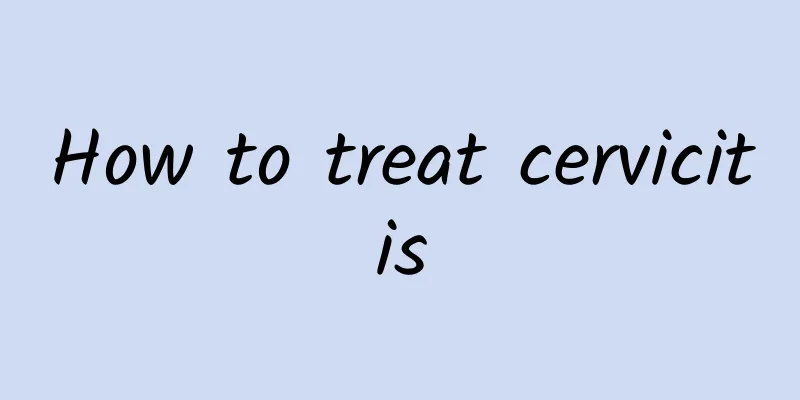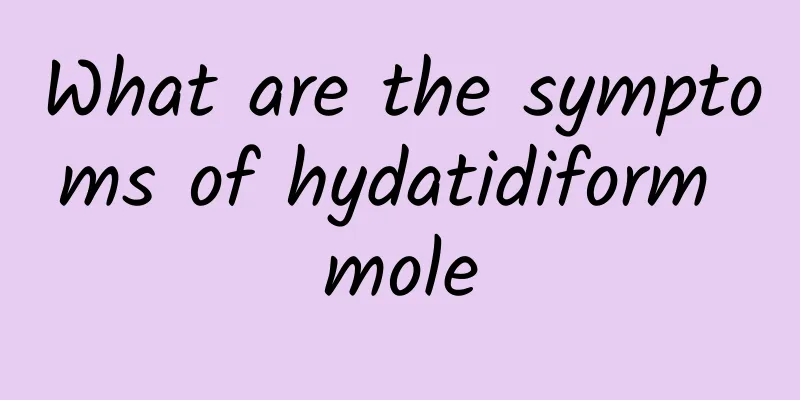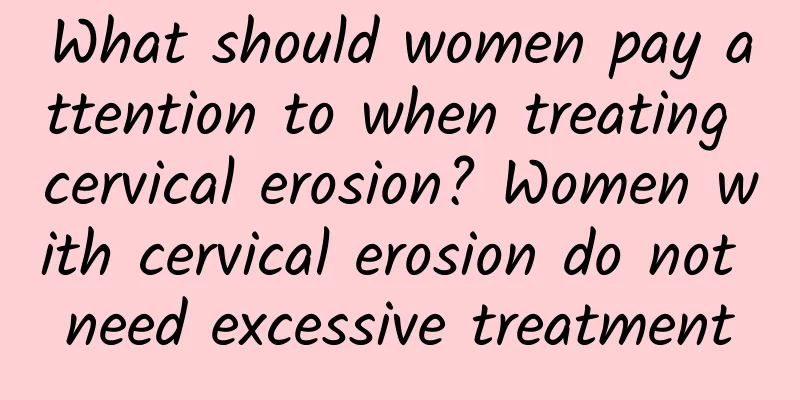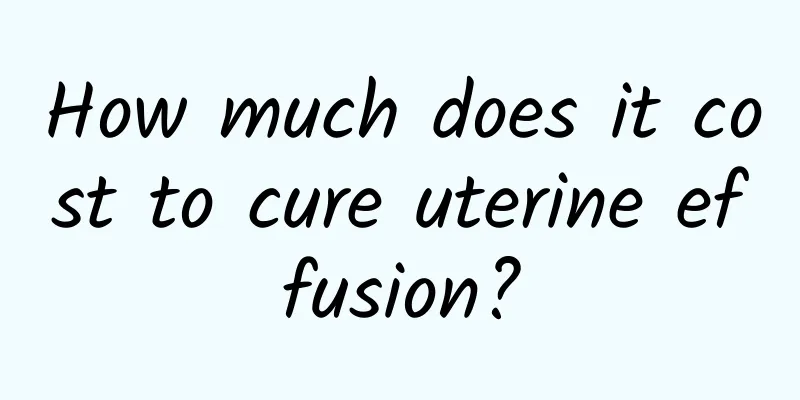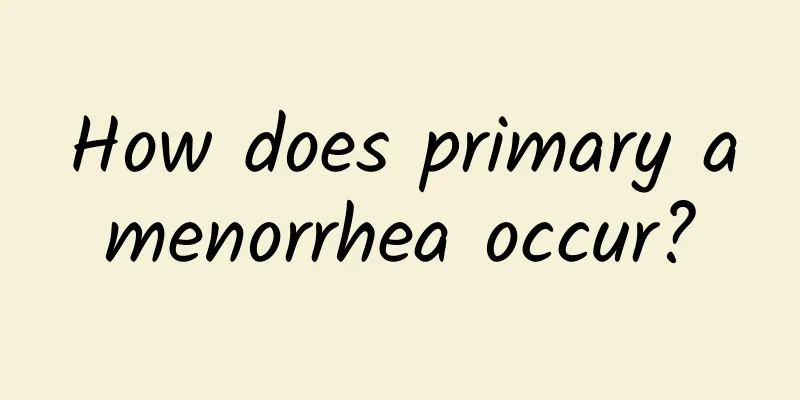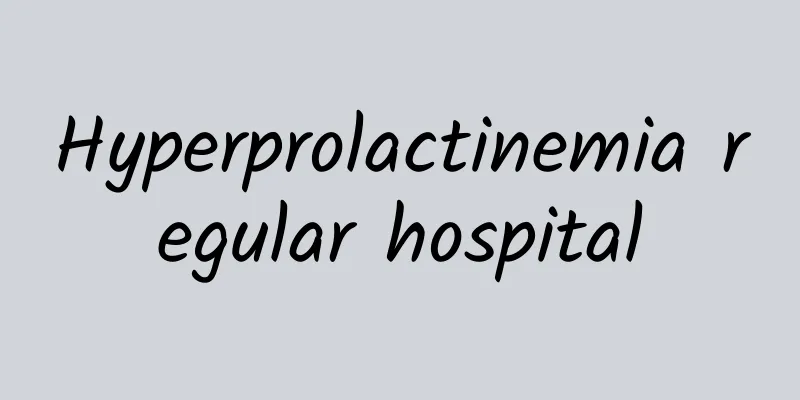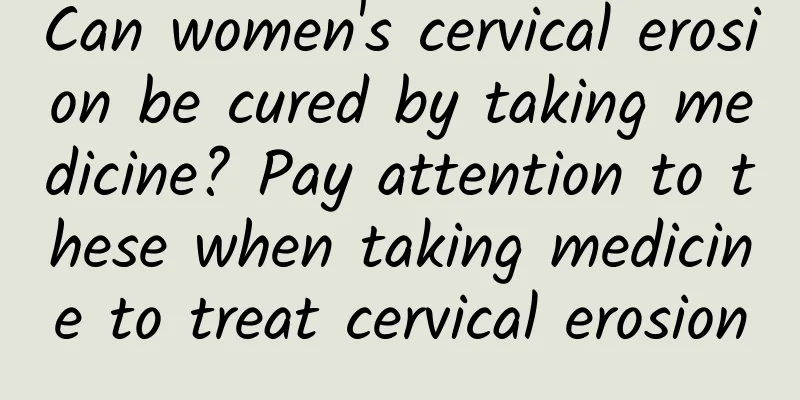What foods are good for uterine fibroids in a week? How big will uterine fibroids grow in a week?
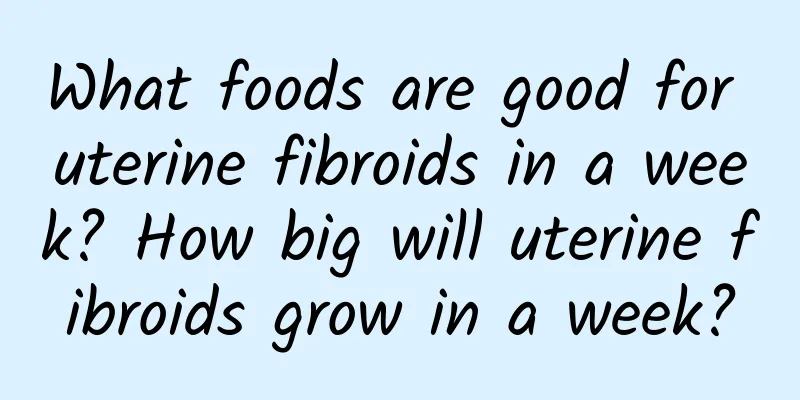
|
Uterine fibroids are benign tumors that often occur in the female uterus. Studies have shown that diet is closely related to the occurrence and development of uterine fibroids. So, in the face of uterine fibroids, we should pay attention to diet and reasonably match nutrition to help alleviate symptoms and control the disease. Patients with uterine fibroids should eat more fiber-rich foods, such as vegetables, fruits, and whole-wheat foods. Fiber can promote gastrointestinal motility, increase bowel movement frequency, effectively reduce constipation, and help prevent intestinal toxins from being reabsorbed. Fiber can also help lower estrogen levels and effectively relieve the symptoms of uterine fibroids. At this time, we can try to eat some high-fiber foods, such as beans, green leafy vegetables, lotus roots, corn, etc. For patients with uterine fibroids, water intake is also very important. Sufficient water can maintain normal metabolic function in the body and help eliminate waste and toxins in the body. Water intake can also promote the urination function of the kidneys, reduce the accumulation of lactic acid and waste in the body, and thus relieve the symptoms of uterine fibroids. In order to maintain the balance of the body, we should ensure sufficient water intake every day. It is recommended to drink 1.5-2 liters of water, or drink clear soup, hot tea, etc. every day. In addition, patients with uterine fibroids should avoid high-fat and high-calorie foods in their daily diet. Excessive intake of fat and calories may lead to weight gain, which in turn aggravates the symptoms of uterine fibroids. At the same time, high-fat foods may increase the level of estrogen in the patient's body, which in turn stimulates the growth of intrauterine fibroids. Therefore, we should try to avoid eating high-fat and high-calorie foods such as fried foods, sweets, and excessive meat. In summary, a reasonable diet is very important for patients with uterine fibroids. Eating more fiber-rich foods, increasing water intake, and avoiding high-fat and high-calorie foods can help relieve symptoms and control the disease. At the same time, patients with uterine fibroids should pay attention to individual differences in diet, reasonably match foods, maintain a balanced nutritional intake, and thus maintain overall health. Regarding "What foods are good to eat in a week for uterine fibroids", we need to emphasize that when dealing with the dietary issues of uterine fibroids, there is no specific recipe that can be applied to all patients. Because everyone's physical condition and dietary needs are different, it is best to plan your diet under the guidance of a doctor. Uterine fibroids are a disease that requires long-term treatment and follow-up observation. Uterine fibroids cannot be completely cured by diet alone. Therefore, patients should actively cooperate with the doctor's treatment plan and conduct standardized medical management in order to better control the disease and improve the quality of life. |
>>: What causes uterine fibroid pain? What to do if uterine fibroid pain
Recommend
What is cervical hypertrophy? Does it need treatment?
Cervical hypertrophy refers to the hyperplasia an...
What are the symptoms of mild cervicitis?
Many people don’t know what the symptoms of mild ...
How are uterine fibroids formed? What are the causes of uterine fibroids?
Among gynecological diseases, the incidence of ut...
What are the symptoms of irregular menstruation? There are two common types of irregular menstruation
There are two main reasons for irregular menstrua...
Medical treatment of ectopic pregnancy is suitable for patients with early ectopic pregnancy
Many expectant mothers want to know what ectopic ...
What are the symptoms of vaginitis?
Vaginitis is a common gynecological infectious di...
Does dietary fiber help you lose weight? Dr. Matsutani helped the internet celebrity’s daughter lose 60 kilograms?
Recently, there was a report on the Internet that...
Is it better to have an abortion as early as possible? What are the dangers of having an abortion too early?
It is not good to have an abortion too early. If ...
To reduce the risk of diabetes and cardiovascular disease, nutritionists recommend: low-fat, low-sugar, low-sodium healthy meal boxes
People who often eat out for three meals a day ar...
What are the clinical manifestations of cervical hypertrophy?
In life, cervical hypertrophy is a very common di...
How to self-diagnose symptoms of uterine fibroids
The uterus is a part of the female body, and uter...
Experts explain what is menopausal functional uterine bleeding
Female menopause is the transition from the endoc...
The difference between Trichomonas vaginitis and candidal vaginitis
There are different types of vaginitis, and each ...
How to avoid another ectopic pregnancy
How to avoid another ectopic pregnancy? To avoid ...
What exactly is an ovarian cyst?
What are the symptoms of ovarian cysts? Ovarian c...
